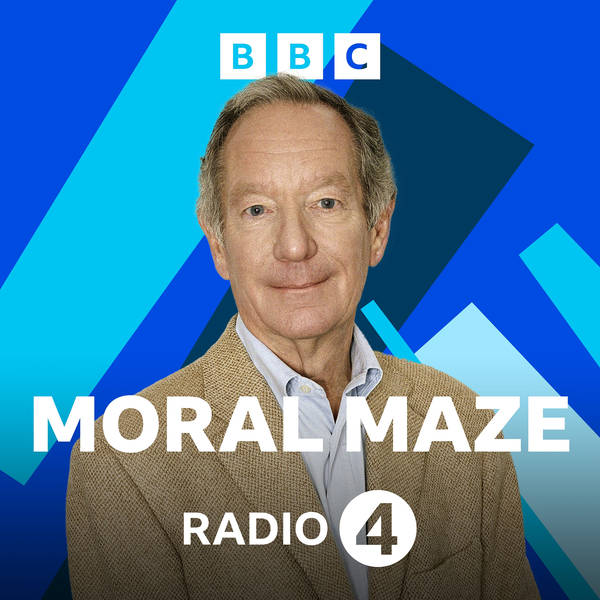
The Priorities of the Police
Dame Cressida Dick, the newly-departed Commissioner of the Metropolitan Police, says policing has become ‘too politicised’. When her force has been criticised on the right for investigating ‘Partygate’ and on the left for letting the Prime Minister off too lightly, and when the Durham Police must now decide whether to end the career of the leader of the Labour Party, it’s hard to argue with her.
The Public Order Bill, which had its second reading this week, will create new legal powers to prevent or punish disruptive demonstrations. That too, critics say, is putting politics into policing.
Meanwhile, the newly-arrived Chief Inspector of Constabulary, Andy Cooke, has been talking about priorities. He predicted that the cost of living crisis will trigger an increase in crime and advised officers to ‘use their discretion’ when people are caught shop-lifting. One columnist wanted to know exactly how much he could nick without getting banged up.
Police officers in Scotland have asked for guidance on how to enforce new hate crime legislation after being ‘inundated’ with complaints about posts on social media. At its conference last week, the Police Federation of England and Wales was given a list of horror stories about misogyny in ‘every single force’. This week the National Police Chiefs Council declared itself ‘ashamed’ about racism in law enforcement.
Only six per cent of all crimes resulted in a charge last year. For reported rapes, the charge rate was 1.3 per cent.
Some reformers want police priorities and targets set locally by the communities that are being policed. Others say it is precisely the new requirement that the police should be sensitive to everybody’s feelings that’s stopping them from locking up law-breakers.
Where should the police's priorities lie?
With Morag Livingstone, Dr Victor Olisa, Zoe Strimpel and Dr Roy Bailey
Producer: Peter Everett.
